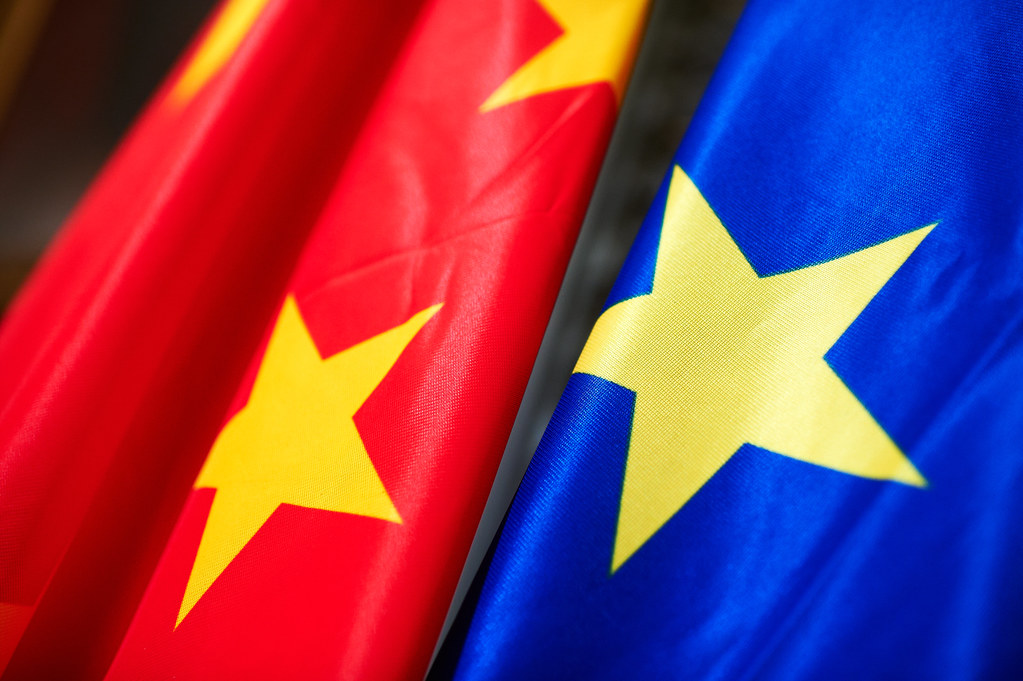This policy paper takes a look at the means that China uses to weaken the ability of individual states and thus the EU as a whole to act. At the same time, it evaluates various strategies used in dealing with economic or political coercion exerted by China. It is aimed at readers who follow China’s multifaceted engagement from the perspective of academia. The selection of countries looks beyond Europe: the USA, Australia and Taiwan all have their own stories to tell with regard to influence from China. Policy recommendations provide suggestions on how the EU can behave in its greatest crisis.
MapIfnluenCE analysts Ivana Karásková and Filip Šebok have contributed with a chapter summarizing China’s influence in the Czech Republic:
From values to economic pragmatism…and back again
The Czech relationship with China has gone through pendulum-like developments over the past decade. The political constellation of President Miloš Zeman and the government of Social Democrats (ČSSD) which formed in 2013-2014 provided an impetus for a dramatic change in Czech policy on China. This was to mean, specifically, less focus on conflictual issues in the relationship related to human rights, Tibet and Taiwan, which have traditionally played a significant role in the Czech approach to China. Instead, the new policy claimed to be more “pragmatic“, focusing on economic diplomacy and avoiding political friction, which had previously led to the freezing of bilateral contacts.
Download the policy paper published by Friedrich Naumman Foundation for Freedom here.

